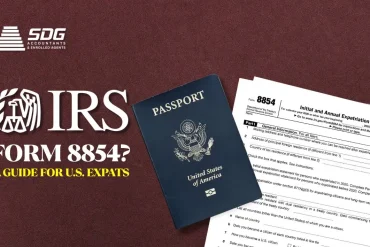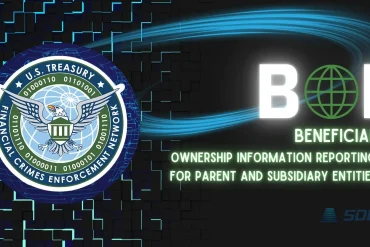You can inherit a decedent’s IRAs in the same way that you can inherit their property. If a relative, friend, or spouse died before withdrawing funds from an IRA to which they had contributed for a long time. Many descendants leave their IRAs to their spouses or close relatives, but the family does not have immediate access to the decedent’s IRA. To be allowed to withdraw money from the decedent’s IRA, they must fulfill certain regulations. An inherited IRA is similar to an inherited asset in that you must claim it after meeting certain criteria.
The inherited IRA includes a variety of withdrawal requirements, some of which are based on age and others on time. The Setting Every Community Up for Retirement Enhancement (SECURE) Act recently modified the rules for inherited IRAs. On January 1, 2020, the SECURE Act was entered into effect. Since this was the first major adjustment made after the Tax Cut and Jobs Act of 2017, the US Tax Code has undergone considerable changes. Some taxpayers may benefit greatly from the latest adjustments, while others may find them to be a real burden. It all depends on the circumstances. The SECURE Act significantly alters Required Minimum Distributions (RMDs) and the impact of age on IRA withdrawals.
Old Inherited IRA Rules:
To completely comprehend the SECURE Act’s changes, we must first understand the old inherited IRA rules, which have been in existence for a long time. If you inherited an IRA account prior to 2020 from someone who was taking RMDs, you would be obligated to take RMDs for the first year after inheritance as well, according to the old inherited IRA rules. For example, suppose I’m a 35-year-old woman whose mother died in 2019 at the age of 76 and left me her Traditional IRA. Then I’d have to take the same RMDs as last year and continue with my own beneficiary RMDs the next year, which would be 2020 and beyond. My RMDs were estimated throughout the remainder of my life expectancy in my situation. Stretch IRAs were common because they allowed the beneficiary to better control their annual tax payment.
New Inherited IRA Rules:
Moving on to how the rules changed in 2020, the SECURE Act only made two main changes. The first change is that inherited IRA account owners will no longer be required to take the decedent’s Required Minimum Distributions. The withdrawal of money is also regulated by the SECURE Act. Owners of inherited accounts must now withdraw the whole balance of the inherited account within 10 years. This means that all taxes and inherited account balances must be settled within ten years of the inheritance.
Since the SECURE Act went into force, most beneficiaries have lost access to the Stretch IRA. Depending on whether or not they match the conditions, certain taxpayers may still be able to use the Stretch IRA. If the IRA was inherited by the decedent’s surviving spouse, relatives, or friends who are not more than ten years younger than the decedent, minor children (those under the age of 26), beneficiaries of annuity contracts that have previously made an irreversible income election, and beneficiaries of inherited government-sponsored retirement plan The S will be available to all of the above-mentioned beneficiaries. All of the above beneficiaries will be able to use the Stretch IRA or withdraw funds in accordance with the SECURE Act’s rules.
How to Know Which Rules Apply to Me?

Anything relating to the Internal Revenue Service (IRS) is complicated and difficult to comprehend for the average citizen. You are not to blame because there are so many details and so much confusion. Furthermore, keeping up with new regulatory changes can be time demanding. You have a lot more important things to do than investigate tax and IRS rule changes. You’ll need someone to help you keep track of all the IRA changes and keep you informed.
After a brief analysis, an expert tax adviser, such as a Miami Tax Accountant, can answer any questions you may have concerning the new rules and how they apply to you. Every day, tax advisors deal with individuals like you, and whenever the IRS makes a rule change, they will consult a great number of people in order to guide them in the appropriate direction. Contact your financial advisor immediately to ensure you’re on the right track.



